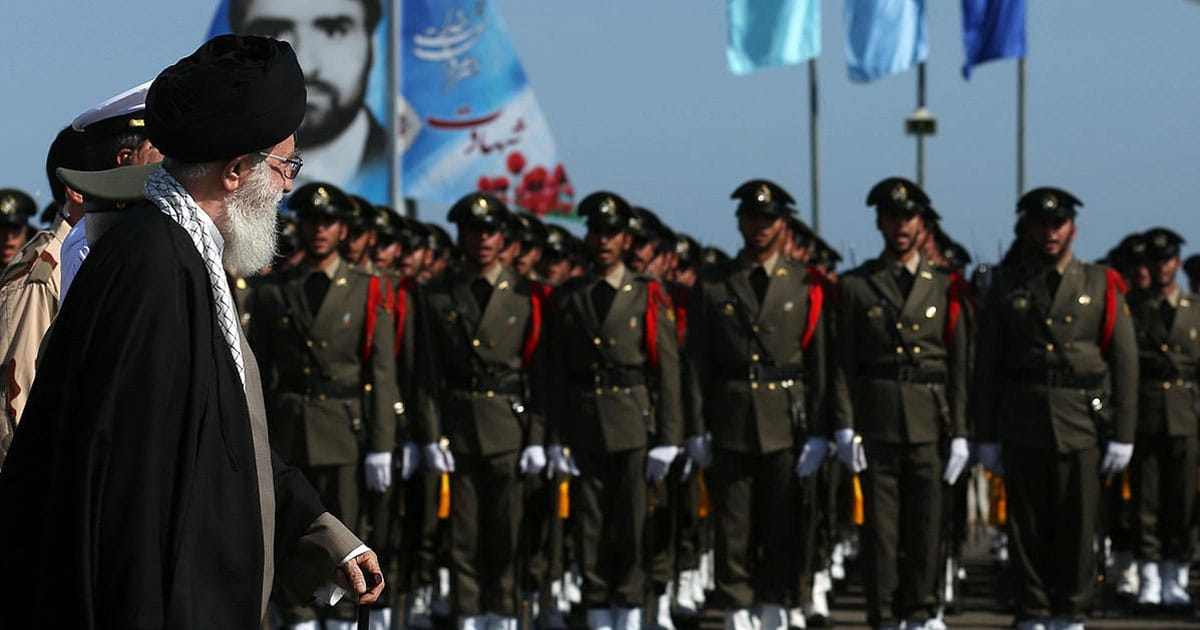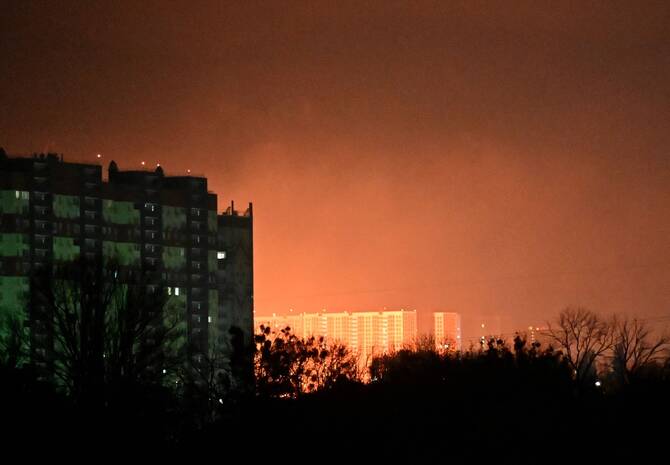How Iran’s regime tries to use religious populism to preserve power and exploitative interests

One of the hottest issues in Iran’s political and religious circles these days is the subject of negotiations with the United States. This topic has become a pretext for deceit and populism by regime clerics who share exploitative interests with the political establishment. Consider these contradictory examples tying negotiations to the Quran:
Borna News Agency, March 3, 2025: Ahmad Alamolhoda, Friday prayer leader of Mashhad: “The Leader found negotiations with America unjustified, based on Quranic reasoning and references.”
Ahmad Khatami, Friday Prayer Sermon on April 18: “Negotiations are commanded by the Quran.”
Friday Prayer Leader of Tabriz: “Avoiding negotiations with America is a Quranic command!”
Religion as a tool and trick for profiteering
Deceit means using religious tools to deceive people and distort realities.
These contradictory statements by regime clerics regarding negotiations are evidence of the deceit and populism prevalent in Iran’s political-religious power structure, particularly among state-backed clerics. Their rhetoric is full of political and religious maneuvers aimed at preserving power and their shared interests with the ruling system—aimed at strengthening its foundations and ensuring plunder and parasitism.
Examples of deceit
One form of religious deceit is the clerical insult toward women and various segments of society. Clerics who claim to be guardians of religion use this very deceit to not only degrade women but to deny their independent identity and justify their exploitation with religious arguments.
Regime clerics use the concept of the Velayat-e Faghih (guardianship of the jurist) as a religious justification to whitewash and rewrite their anti-human rights policies for the benefit of the regime.
Another example of clerical deceit is labeling dissenters or opposition groups such as the People’s Mojahedin Organization of Iran (PMOI/MEK) as “hypocrites” and “infidels.” With such deceitful labels, state-backed clerics brand any pursuit of freedom, freedom of speech, resistance against the regime, or exposing its abuses as “heresy,” “hypocrisy,” and actions by “enemies of the nation and religion.”
Another example of the vulgar demagoguery of regime clerics is issuing decrees for plunder and execution of prisoners and attributing such judgments to God. This trick is used solely to preserve the regime, and the past forty-six years have proven that the judiciary of Iran’s clerics lacks any legal or judicial basis—it is merely a religious arm of the regime Supreme Leader Ali Khamenei for oppression and looting.
Connection between state religion and exploitation
It is evident in the analysis of the clerical regime’s policies—such as the issue of negotiations mentioned earlier—that one key recurring element in the statements and behaviors of senior regime officials is the close link between religious rhetoric and exploitative interests. Through this very religious deceit, they destroy the lives of the people, plunder them, and justify it all by claiming that destiny is determined by God. These individuals continuously attempt to stand against the people and distort reality to suit their own exploitative interests.
But the reality…
Beyond presenting and analyzing examples of clerical deceit, the undeniable reality is that most Iranians, based on a wealth of lived experience, no longer give a shred of credibility to the clerics’ religious and political demagoguery. This majority has moved past the entirety of the mullahs’ regime and aspires and strives for the swift downfall of all symbols of deceit, parasitism, and tyranny.





